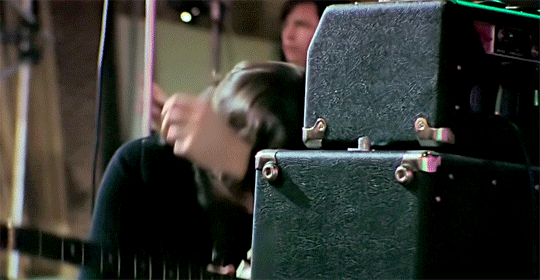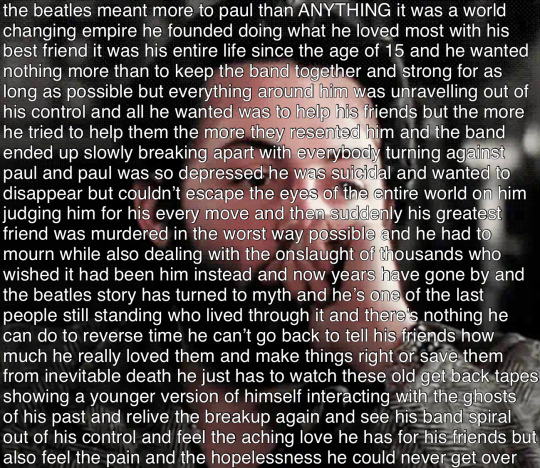virginwalk
895 posts
Don't wanna be here? Send us removal request.
Text
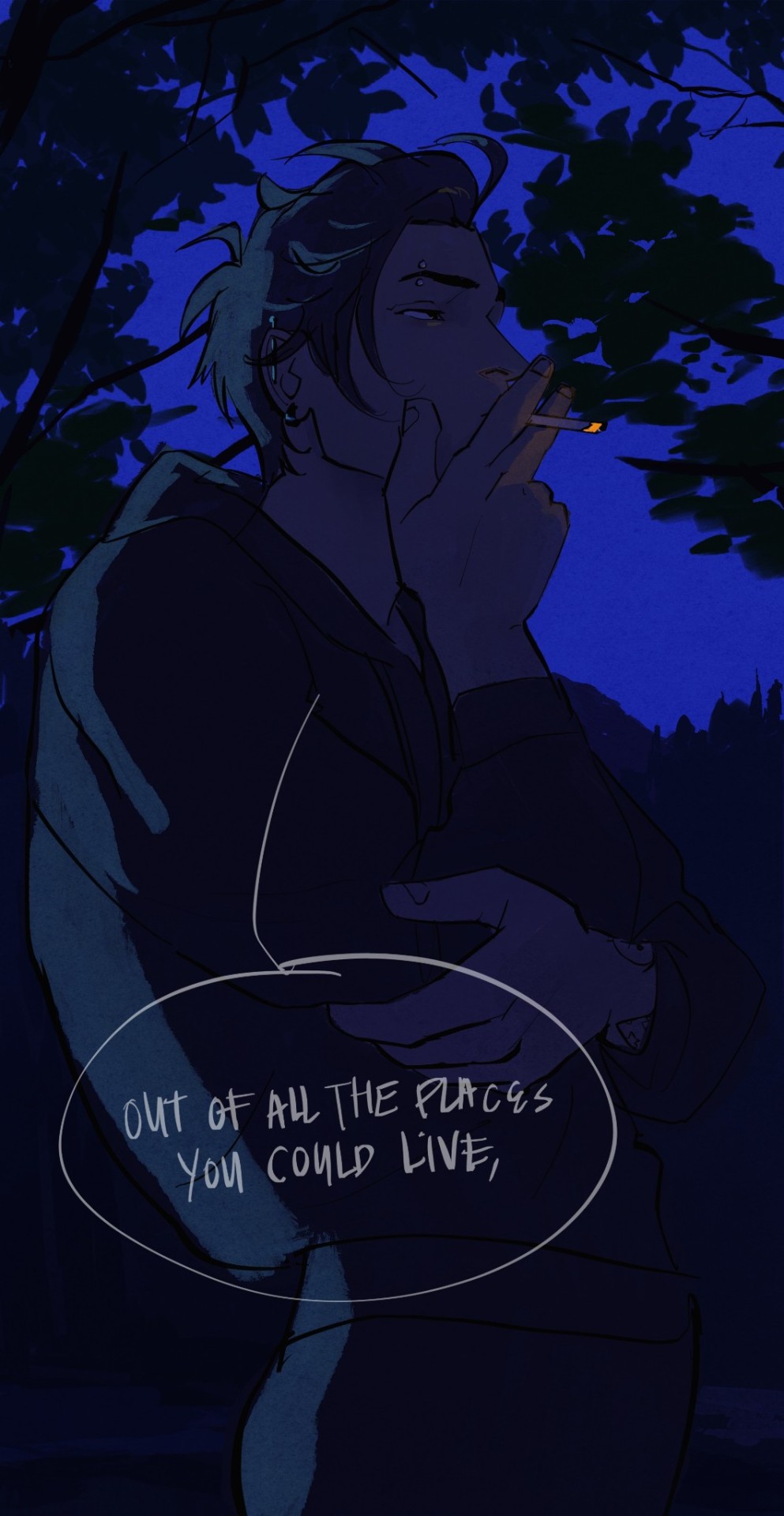

Am i the only one who imagined the first meet like this?? *swooon*
#retweeting to stare at him whenever i need to feel something in g#sdv sebastian#stardew valley#not the beatles
35K notes
·
View notes
Text

Tiny Paul & Linda
432 notes
·
View notes
Photo
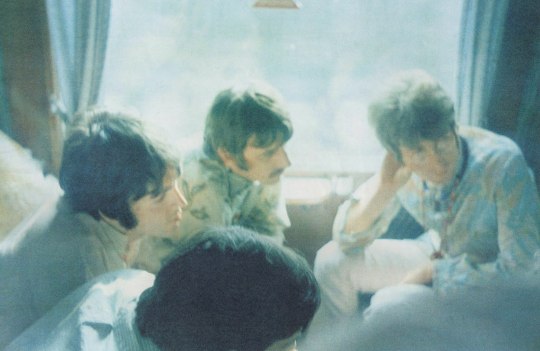
The Beatles, August 25, 1967.
3K notes
·
View notes
Text

sgt kewpies delicious mayonnaise band
431 notes
·
View notes
Text




Yoko Ono & John Lennon in New York City, NY | 10 November 1972 © Bob Gruen
406 notes
·
View notes
Text
The most overwhelming evidence for me that John Lennon never had an orgy was that he pronounced it orGy with a hard g, and anyone he tried one with would have laughed him out of the room
158 notes
·
View notes
Text
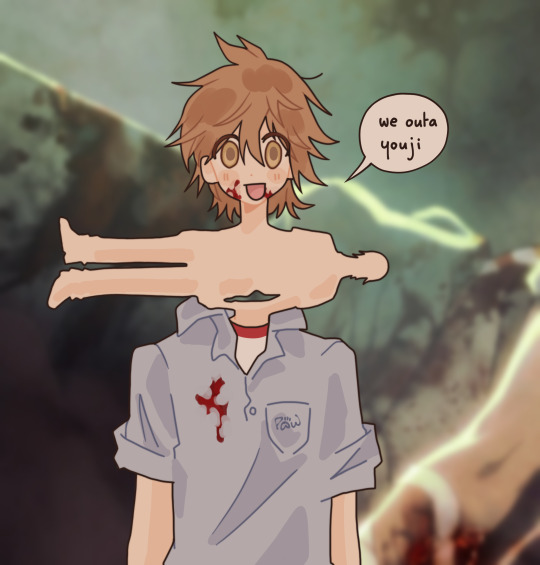
chat.
366 notes
·
View notes
Photo
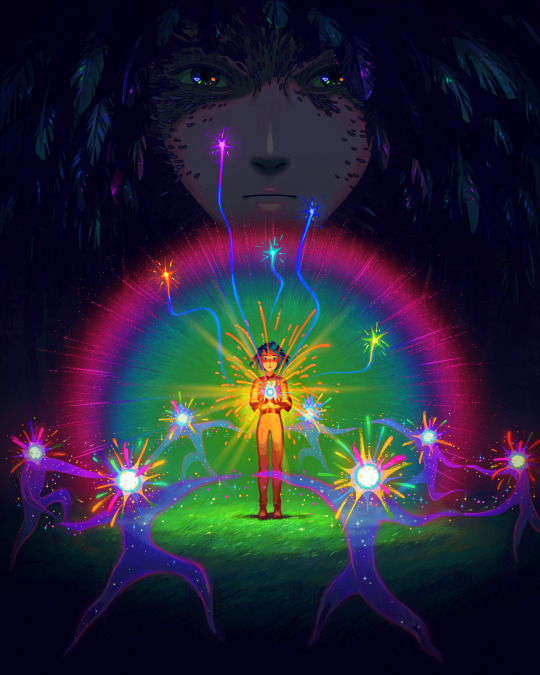
The boy who swallowed a star
76K notes
·
View notes
Photo
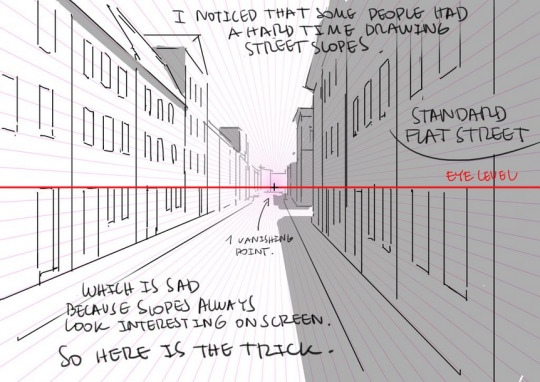
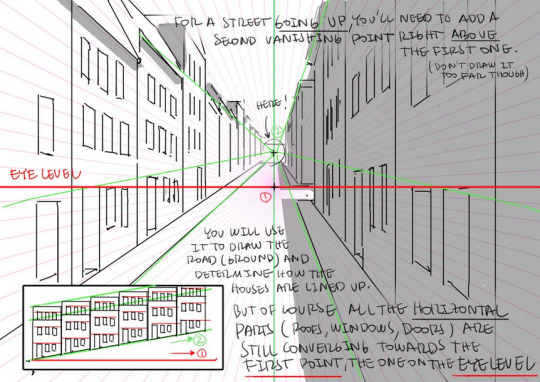
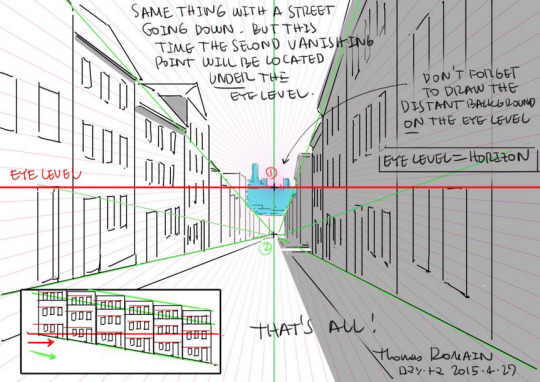
How to draw street going up & down without losing your mind.
by Thomas Romain (Space Dandy, Code Lyoko, Basquash!, E.P. Kiss Dum, Cannon Busters). Another one…
42K notes
·
View notes
Text
“George was younger, the little one. He was very sweet, with his little tooth and the cocky songs he was singing. He was really cute, and was an essential part of the team. When all of them were harmonising together was incredible!”
— Klaus Voormann, “Hamburg Days” (1999)


“When he has that funny grin on his face, so that his little Dracula-tooth was showing — that was it! There he was, this little cocky underage boy singing cocky little songs like “C[‘mon] every body” or Joe Brown’s “I’m [Hen]ery the eight[h], I am” and then he played his little guitar solos, unmistakable George, nearly breaking his fingers on this cheap guitar, he hated so much. He couldn’t wait to earn enough money, to at long last be able to buy an expensive guitar. So when he got his first Grets[c]h, he proudly showed it to everybody. 1971 George let me have this Guitar. I loved it. Finally I had to give it back to him, which I think is perfectly right. He gave me a beautiful tel[e]caster as a replacement. Ain’t that great?”
— Klaus Voormann, “Hamburg Days” (1999)
“…George grinned his cheeky, crooked boyish grin beneath his thick brown head of hair. He was irresistible, and not just for the girls.”
— Klaus Voormann, on the first time he saw The Beatles; translated from “Warum spielst du Imagine nicht auf dem weißen Klavier, John?” (2003)
590 notes
·
View notes
Text
CHAPTER ONE
John Lennon raced into Yoko Ono’s home office in the mammoth old Dakota building with a copy of Donna Summer’s new single, “The Wanderer.” “Listen!” he shouted as he put the 45 on the record player. “She’s doing Elvis!” I didn’t know what he was talking about at first. The arrangement felt more like rock than the singer’s usual electro-disco approach, but the opening vocal sure sounded like Donna Summer to me. Midway through the song, however, her voice shifted into the playful, hiccuping style Elvis had used on so many of his early recordings.
“See! See!” John said, pointing at the speakers.
The record was John’s way of saying hello again after five years. I had spent time with him in Los Angeles in the mid-1970s, during the period he later referred to as his “lost weekend”—months when he was estranged from Yoko and spent many a night in notorious drinking bouts with his buddies Harry Nilsson and Ringo Starr. John got so boisterous one night that he was thrown out of the Troubadour, one of the city’s landmark music clubs. He invited me to dinner a few times, and I later found out it was when he had an important business meeting the next morning and didn’t want to wake up with a hangover. I got the nod over Harry and Ringo because I didn’t drink anything stronger than Diet Coke. We would eat at a chic Chinese restaurant and then return to his suite at the Beverly Wilshire Hotel. Those hours would race by because we loved talking about our favorite rock hero, Elvis, which brings us back to “The Wanderer.”
I’ve experienced hundreds of memorable concert and interview moments, so it’s hard to rank them in any favorite order, but my final hours with John in New York are certainly on the short list. It was just weeks before his death in December of 1980, and his playing the Summer record was an endearing greeting—and one that was typical of John. Of the hundreds of musicians I’ve met, John was among the most down-to-earth.
I was in New York to spend three days with John and Yoko while they finished Double Fantasy, John’s first collection of new material since the mostly forgettable Walls and Bridges six years earlier. He returned to New York after the “lost weekend” period and spent the next five years rebuilding his life with Yoko and helping to raise their son, Sean. On this day, he looked nice and trim in jeans, a jean jacket, and a white T-shirt. He was maybe twenty-five pounds slimmer than the last time I’d seen him. “It’s Mother’s macrobiotic diet,” he said later, and employing his nickname for Yoko. “She makes sure I stay on it.”
By the time we headed to the recording studio, it was nearly dark. As the limo pulled up to the studio’s dimly lit entrance, I could see the outlines of a couple dozen fans in the shadows. They raced toward the car as soon as the driver opened John’s door. Flashbulbs went off with blinding speed. Without a bodyguard, John was helpless, and I later asked if he didn’t worry about his safety. “They don’t mean any harm,” he replied. “Besides, what can you do? You can’t spend all your life hiding from people. You’ve got to get out and live some, don’t you?”
Inside the studio, I heard several tracks from Double Fantasy, which was John’s most revealing album since Imagine. Some critics branded the gentle, relaxed tone of the collection too soft. They missed the old Lennon bite. To me, however, the collection was a marvelous reflection of John’s mood, and Grammy voters were right when they named it album of the year.
I spent hours at the apartment and the studio talking to John about the changes since Los Angeles. He felt at peace for one of the few times in his life. He was deeply in love with Yoko and thrilled to be a father again. He also spoke with affection about the Beatles days and how much he still looked forward to seeing Paul. That surprised me because of the sarcastic barbs he’d launched in interviews and the biting lyrics he’d written about Paul since the breakup of the band. “Aw, don’t believe all that,” he said, smiling. “Paul is like a brother. We’ve gotten way past all that.” He also spoke fondly of Ringo, but more distantly about George. He felt slighted by some things in George’s autobiography, I, Me, Mine, especially George’s failure to give John credit for helping him learn guitar techniques.
Mostly, we talked about the “house husband” period that was just ending, a time of emotional drying out, a chance to reset priorities. He may have declared “I don’t believe in Beatles” in “God” on his 1970 album, Plastic Ono Band, but it took the five-year sabbatical that followed the “lost weekend” for him to break away from the suffocating pressures of being an ex-Beatle, including the need to mirror in his music and in his life the image of the witty, sarcastic John. During his time away, he learned that there was personal joy and fulfillment away from the rock ’n’ roll merry-go-round. For Double Fantasy, he even wrote a tender song about his newfound outlook and freedom, “Watching the Wheels.”
On that November night, the studio atmosphere was so relaxed that John invited me to contribute to the album’s sound effects. Yoko and I took turns dropping coins in a tin bowl to duplicate the sound of someone giving change to a beggar. We had to do it several times before the noise level was just right. For most of the evening, I just watched John and Yoko at work—and took advantage of breaks to ask them questions. The studio tape must have been running much of the time, because years later a bootleg of that interview surfaced in Japan.
One thing troubled me during the all-night recording sessions: the way John would slip from time to time into an adjoining lounge. The first thing that came to mind was drugs, because I was so used to seeing musicians pass around bowls of cocaine with the casualness of M&Ms. John had had drug problems earlier in his life, and I feared he had relapsed—despite all his talk about feeling healthier than ever. Maybe the pressure of being back in the studio was greater than he was letting on. At one point, I happened into the lounge and saw John at the far end of the narrow room. He was reaching for something on a cabinet shelf, and my first instinct was to go back into the studio so I wouldn’t violate his privacy. But he spotted me and called me over, putting his finger up to his lips in a signal to be quiet. When I was next to him, he reached into the cabinet again and pulled out something wrapped in a towel.
“Want some?” he asked. “Just don’t tell Mother,” he said with a conspiratorial look. “She doesn’t want me doing this anymore.”
As he opened the towel, I had to laugh.
John Lennon’s private stash turned out to be a giant-size Hershey bar. He broke off a chunk for me and one for himself. Holding his piece in a toast, John smiled and said, “Good to see you again.”
HILBURN, Robert: "Cornflakes with John Lennon and other tales from a rock 'n' roll Life". Harmony/Rodale, New York, 2009
34 notes
·
View notes
Note

Oh my goodness. I was thinking he couldn't possibly fit in the exact same shirt from when he was so little. Either one of those options actually makes it worse. Either Paul somehow got ahold of John's old Quarrymen shirt -- was it in early days and John left it at forthlin and he kept it all this time? Was it recently, John going through all his old Beatle stuff moving into titenhurst or something, and Paul was like "I'll keep that one, thanks" -- or Paul was feeling that nostalgic about their earliest days when he was John's specialest boy, wanted to remind John so badly of those days, that he had a replica made specially. Either way, it's awful.
Honestly very little about that photo shoot sparks joy. Paul looks so sad, and his clothes fit badly.
This one that looks like a prophecy:

I can't imagine there's any way George and John didn't recognise the shirt. What message was he sending, what message did they take from it?
How many references do you think he made to boating in Sefton Park? Were they received with eyerolls?

Even this photo (one of my favourites) is so melancholy:

And yeah, I don't like any of the options


this puddin' ⬆️ is not filling out this shirt ⬆️
But Paul having John's one, or having one made: either one is too sad to contemplate for too long.
54 notes
·
View notes
Note
Help wait what who wore their quarryman shirt to the last photo shoot what where who did that omg I’m crying
I'm not the first one to post about this so if you did, I'm sorry I'm not trying to steal your credit I'm just too lazy to find your post.
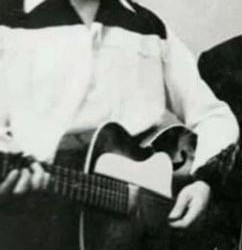
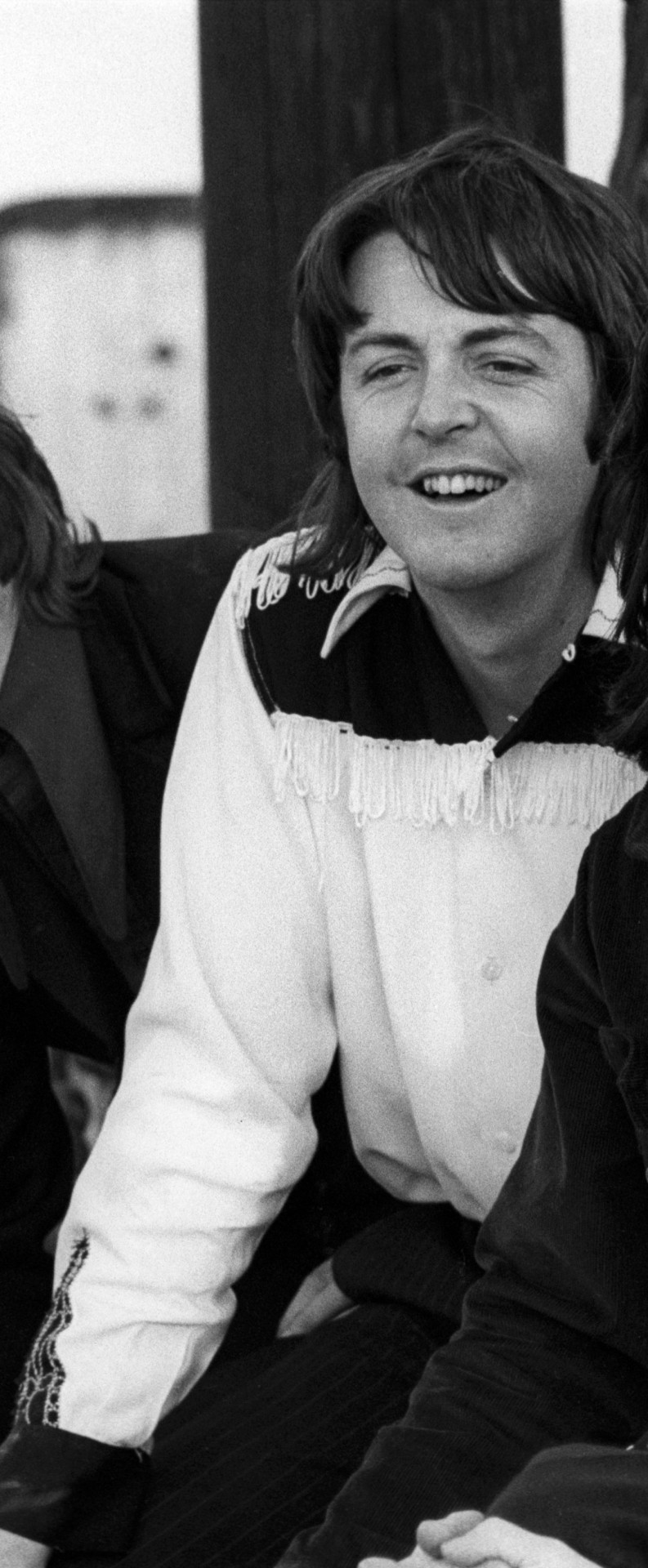
545 notes
·
View notes
Text
And They Said It Wouldn’t Work
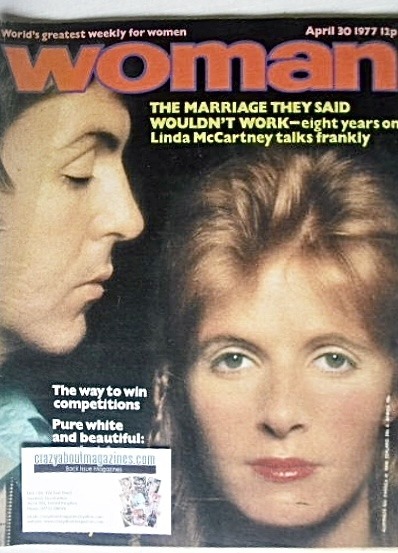
Came across this lovely photo of Linda on the cover of the April 30, 1977, issue of the U.K. weekly Woman. Her interview is titled “All you Need is Love, and a Beatle called Paul: Linda McCartney's story” by Bonnie Estridge (p. 28).
That’s all the info I have since the story is not reproduced anywhere online that I can see (though it’s obtainable from other sources).
______________________________________
Turning my attention to the cover text, when “they” said the marriage wouldn’t work, “they” were not without just cause, IMO. Circumstances pointed to a relationship destined for failure.
______________________________________
McCartney juggled multiple girlfriends simultaneously and had never practiced commitment in his adult life. Linda counted among her lovers many of the rock musicians she photographed. McCartney pursued and slept with Linda (among others) while engaged to someone else (Jane Asher).
So here we have a courtship, begun in deceit and sneaking around, between two people who still appeared to be enjoying the free love era. “If he’ll cheat WITH you, he’ll cheat ON you” goes the adage. The guy couldn’t even stay faithful to his fiancée. Is this the behaviour of a future responsible family man?
Beatles biographer Hunter Davies didn’t think the marriage would last [link]. John Lennon gave it two years [link]. The civil wedding seemed to be arranged in a rush with a bride who was three months’ pregnant. The night before the big day, the couple had such a huge argument they nearly canceled the ceremony [link]. No wonder the marriage was given such poor prospects.
______________________________________
Yet it became rock music’s most famous love affair and its most enduring monogamous union. HOW? For one, it goes to show that it’s easy to make predictions based on superficial knowledge.
Observers saw a womanizing Beatle rock star who would never settle down with one woman. It turns out McCartney had deeper layers than met the eye, and they meshed with Linda’s. We just didn’t know his REAL values in life until he talked about them.
______________________________________
Some men are womanizers and stay womanizers. That’s who they are deep down inside. Monogamy has no appeal.
Some men are womanizers when young. It’s an experience to try, not a routine to live by. I think Paul falls into this category. Deep inside, he was a family man. Going by his interviews, where he often speaks tenderly of Linda and rhapsodizes about fatherhood, one can sense that he believed in romantic love. He wanted a soulmate; he wanted children. He matured, and his ingrained values came to the forefront.
He didn’t become husband material right off the bat. It was a process, probably a difficult one given his status. When he played the field in the later 60s, perhaps it was not totally to have fun, but also to seek out girlfriends with whom he had a real connection. These he called his “serious relationships” [link]. Some of those girlfriends claimed he wanted to marry them [link1, link2]; yet even when he did get engaged, he seemed to be unsure and still searching. (I guess he didn’t consider it cheating if he wasn’t married.) Recalling those days for the 2001 documentary Wingspan, McCartney tells his interviewer (who is also his daughter Mary) that it was time to get serious; and he especially felt that way with her mother. He didn’t want to remain a bachelor playboy all his life.
______________________________________
And so he got serious. Once he committed, he was husband and father all the way.
“I had my wild life,” he declared in a 1974 interview [New York News magazine: Just an Old-Fashioned Beatle, April 7, 1974]. “But I told Linda everything about that and all the rest. I have no secrets from Linda. I had my time, in my time. But I am much happier now. This new life [with wife and children] means more to me.”
______________________________________
He expressed similar sentiments in other interviews over the years, such as TV interview with Barbara Howar, Aug. 23, 1986 and The Guardian: After Linda by Simon Hattenstone, Sept. 11, 2000, just to name two.
……………….
74 notes
·
View notes
Note
Hey, do u or one of ur followers know where I can find that bit of interview where Macca is talking about Silly Love Songs and he says smth deranged like "it's not FOR them, unless that somebody is listening"? Something that sounded like it might be aimed at John?
I found it! I knew immediately what you were talking about, and that it's from Paul's book The Lyrics. At first I thought it was from the entry for Silly Love Songs. But it wasn't there. So I started to doubt myself, but I took the time to look through the table of contents for a likely candidate. It's in the entry for I Will.
Yet again, just because I was involved with Jane at the time doesn't mean this song is addressed to, or about, Jane. When I'm writing, it's as if I'm setting words and music to the film I'm watching in my head. It's a declaration of love, yes, but not always to someone specific. Unless it's to a person out there who's listening to the song. And they have to be ready for it. It's almost definitely not going to be a person who's said. 'There he goes again, writing another of those silly love songs.' So, this is me in my troubadour mode.
By the way, the entry for Silly Love Songs starts with
There were accusations in the mid-1970s -- including one from John -- that I was just writing 'silly love songs' ...
23 notes
·
View notes
